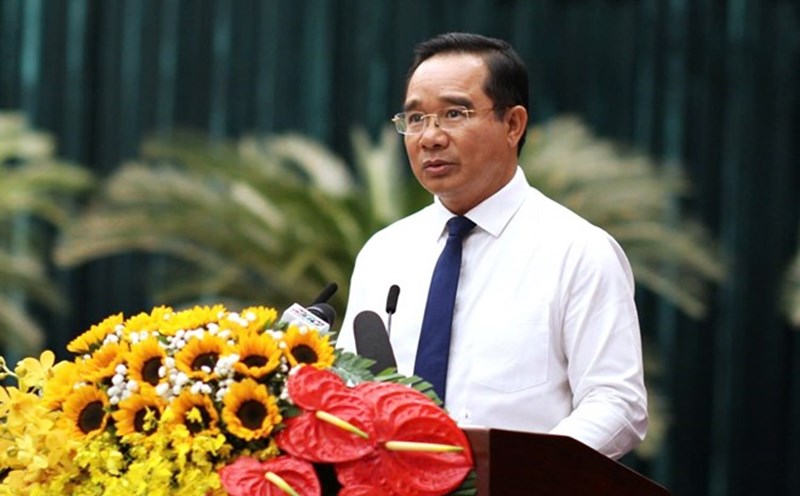On the morning of May 12, the National Assembly discussed in the hall a number of contents with different opinions of the draft Law on Corporate Income Tax (amended).
Mr. Phan Van Mai - Chairman of the National Assembly's Economic and Financial Committee - said that the draft law, after being accepted and revised, consists of 4 chapters and 21 articles.
Regarding the addition of tax incentives for the press, according to the drafting agency, the provisions of the current Law, the income of the press agency from the printing newspaper, including advertising in the printing newspaper in accordance with the Press Law, the tax rate applies the 10% tax rate during the operation period; For other journalism activities, the common tax rate is 20%.
Mr. Phan Van Mai said that in the context of the press agencies, the organization and reorganization of the Party and the State's guidelines and being a public non -business unit have not been completely autonomous, the press's revenue is mainly based on advertising but along with the development of technology, especially social media, the press source from the press tends to decline.
Therefore, in order to show the support of the Party and the State for the operation of the press agencies, on the basis of agreeing with the proposal of the drafting agency, the Standing Committee of the National Assembly has received and revised the draft law in the direction of applying the 10% preferential tax rate for all types of press, similar to the preferential policy that is applying for printing newspapers.
Commenting on this content, delegate Thach Phuoc Binh (Tra Vinh delegation) assessed that including newspaper advertising in the subjects entitled to corporate income tax incentives is an important step forward, with strategic support for the Vietnamese press industry, especially the press in the context of digital transformation, as well as facing market challenges.
According to the delegate, the press industry is facing a serious decline in revenue, especially from advertising when faced with fierce competition from digital platforms such as Google and Facebook.
The addition of tax-exempt press helps reduce financial pressure, creating conditions for press agencies to maintain political and social tasks.
The press is not simply a business but also performs the function of information, education, orientation of public opinion, policy criticism... Tax incentives are a form of indirect support of the State in public service activities, in line with the nature of revolutionary journalism, the delegate emphasized.
Financial resources from tax reduction can be reinvested by press agencies in technology infrastructure, upgrading systems, digitizing content, improving personnel quality, and increasing competitiveness.
In order to optimize the regulations, delegates propose, it is necessary to review the definition of the press to enjoy the incentive, clearly define the scope of application is only applied to the licensed press agencies to avoid being used by disguised communication organizations. In addition, it is necessary to clearly define the content in the electronic newspaper to enjoy this incentive?
It is necessary to include criteria to control content, official information, quality of press products, and compliance with professional ethics. Finally, the delegate said that in addition to tax incentives, there should be a fund to support innovation in journalism. Support press in technology training and digital transformation.











